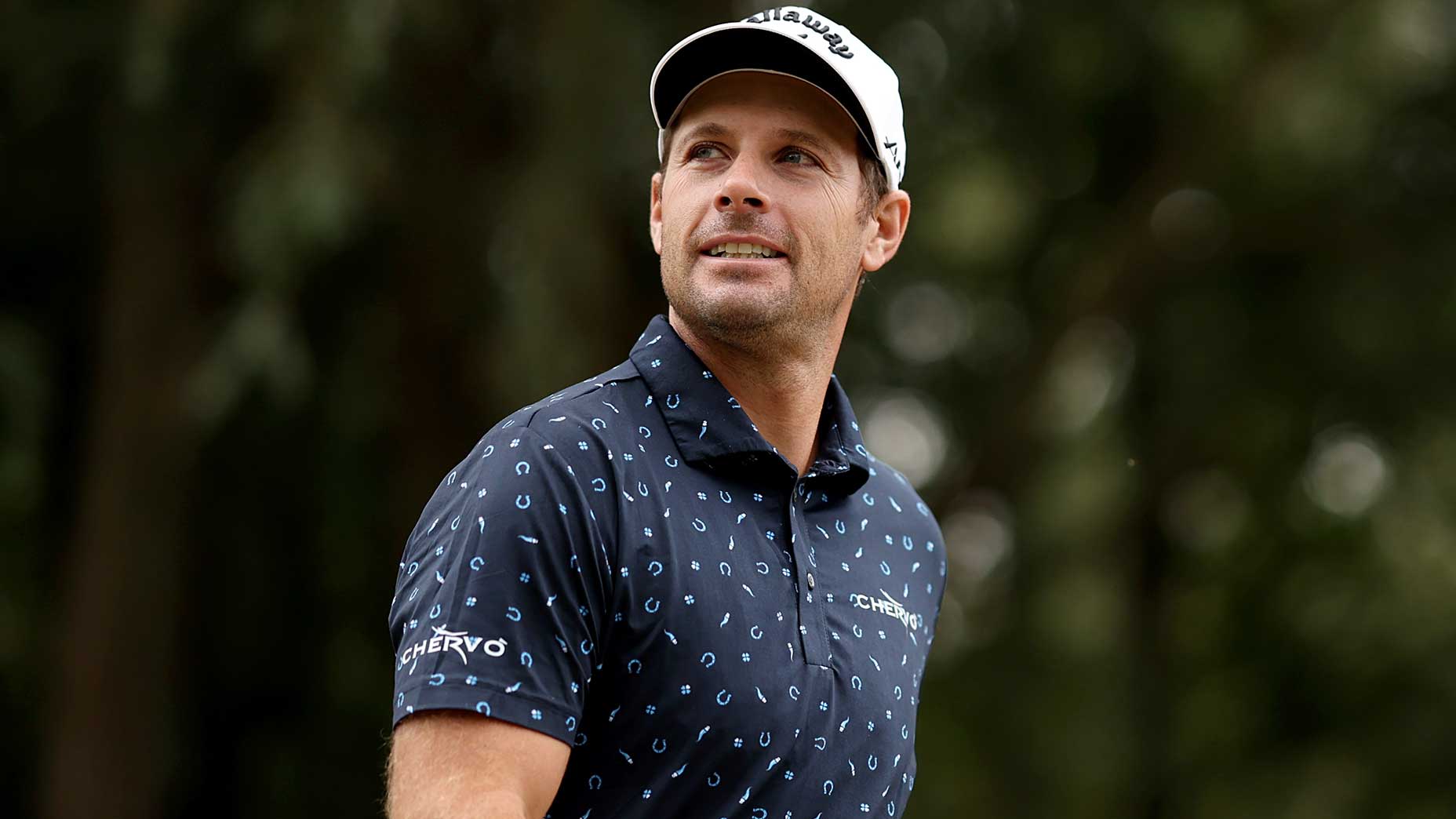 Brooks Koepka’s ‘deep’ career question has already been answered
Brooks Koepka’s ‘deep’ career question has already been answered
How courses, resorts and other golf businesses should communicate during crisis

The Players Championship is canceled; the Masters, postponed. The world of professional sports, like much of the rest of society, is hunkering down and social-distancing in the hopes that this helps stem the spread of COVID-19.
Rightly so, but golf goes on. Depending upon your location, courses are still open, as are many other businesses related to the game. In my walk with my wife this morning, the local links looked as active as you’d find on any other sunny Saturday with temperatures in the low 50s. And that was Silver Lake, a public course owned by the City of New York – a city that is otherwise shutting down in the midst of the coronavirus crisis.
Golf has natural advantages, of course. It is played outdoors, you can keep hand sanitizer with you in your bag, and there’s little physical contact along the way. Still, keeping club members, customers and other important audiences informed, and calm, will be critical in the weeks to come. Clubs and other golf businesses that let rumor and gossip rule will be at a disadvantage as events unfold.
So how should golf businesses communicate during these uncertain times? Here are some guidelines:
Have a plan.
Before any major tournament, pros walk the course, get a sense for conditions, and lay out a game plan for how they are going to approach the upcoming challenge. Responding publicly during a crisis is no different. Organizations need a communications plan in place before the bad news hits. You don’t want to wait until you are in the middle of a crisis to start thinking about what you’re going to say, to which audiences, and in what order. To mix sports a bit, not having a plan is like sending a football team onto the field and only then coming up with the plays. You may win the game, but I wouldn’t bet on it.
Be human, empathetic and engaged with your community.
Your lawyers will tell you to say nothing for as long as possible, then they’ll gum you up with legalese and banal clichés. Resist this temptation. It may sound elementary, but your audience wants you to be human. They want you to care. And they want to hear from you, regularly and confidently. They want to know you understand what they are experiencing, that you are doing your best to keep them informed, and that you are taking steps to ensure their health and safety.
Know what you know … and know what you don’t know.
Get a clear grasp of the current facts before you communicate to your members, customers or other key audiences, but understand what you don’t know yet. And what may change. From more than two decades of working on crises of all kinds, I can tell you two things. First, the initial information you receive during a crisis is very often wrong. Second, it’s the guessing and speculation that gets you in trouble – particularly in the early stages of a negative event. If you’re still gathering information, or don’t know something, just say that. Don’t guess or speculate.
ADVERTISEMENT
Let your audience know that this is a fluid environment, and plans may change.
Similarly, avoid the temptation to make definitive statements in a fluid, changing environment. Explain to the public, for example, that while your club is staying open for now, that may well change. The public understands uncertainty and changing plans. They don’t, however, take well to pronouncements presented as rock-solid that turn out to be, as Nixon’s press secretary said during Watergate, “no longer operative.”
Don’t think you’re going to spin this.
Don’t be too clever by thinking you’re going to find a cute hashtag, slogan or some other “spin” that’s going to make this issue go away. Unfortunately, there’s more than a few marketing and PR people out there who’ll try to convince you there’s some slick magic bullet you can use. I can assure you, it doesn’t work that way. In a crisis, the key is to present honest, accurate information in a timely manner. Spin too much, and your audience becomes dizzy; bend the truth too far, and it’ll snap back like an errant flagstick to the face. Rather than thinking about what you can say to get out of this, think about what your audiences really need to get through it.
In the end, I suspect, golf businesses — and the sport as a whole — will fare better than most as other entertainment options become less attractive. But that doesn’t mean organizations in the world of golf shouldn’t be thinking about effective communication in a time of uncertainty or crisis.
You may not need the club today, but it’s always good to have it in your bag.
James F. Haggerty is an attorney, author and crisis communications consultant. He is the President and CEO of PRCG | Haggerty LLC, and its sports marketing brand, PRCG | Sports. Jim is the author of Chief Crisis Officer: Structure and Leadership for Effective Communications Response (ABA Books), recently released in paperback.
To receive GOLF’s all-new newsletters, subscribe for free here.
ADVERTISEMENT






